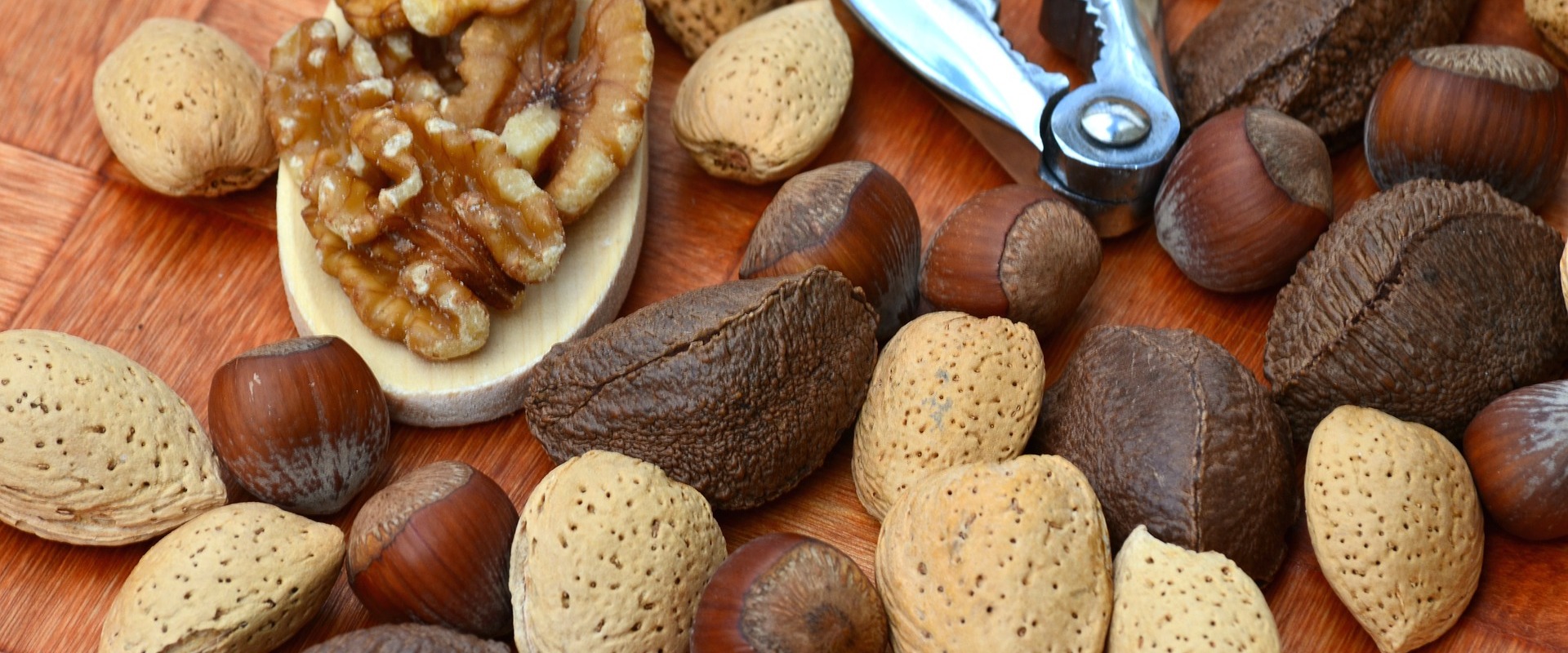Vegetarianism and physical condition: making sure you eat a proper diet (part III)
2017-03-20
In addition to supplementation, there are a number of
measures vegetarians can take to prevent dietary insufficiencies. “
Knowledge about nutrition can make all the difference: for instance, it is advisable to combine foods rich in iron, such as legumes or spinach, with foods containing citric acid or vitamin C, such as lemon or orange juice, as they help us absorb iron from plant sources.”
To absorb both
calcium and
iron, “
we should not eat food containing calcium and food containing iron at the same time – for instance, legumes with cheese – because they each interfere with absorption of the other”.
Legumes provide protein, “
but they also contain anti-nutrients which prevent proper absorption of minerals, so we should not eat too many of them. And certain vegetables, such as spinach, chard and beet greens, contain anti-nutrients known as “oxalates”: to reduce their quantity, you may add a little vinegar to the water when cooking these vegetables”.
To prevent the risk of iron, calcium, zinc, vitamin B12, and vitamin D deficiencies(which are common even among omnivores)and omega 3 fatty acids and iodine deficiencies vegetarians can supplement with “
milk or cereals enriched with some of these micronutrients and, to prevent iodine deficiency, with iodised sea salt or eat seaweed”.
Should
vegans, who do not eat any animal products, be extra careful if they practice sports? “
They should take the same measures as vegetarians, that is, supplementation with vitamin B12, which is not present in plants, and meet their protein needs with the aid of soy products such as tofu and tempeh, perhaps with the addition of protein supplements of plant origin, made specifically for vegans”.
One last word of advice: diet should not be viewed strictly in terms of calorie intake, but in terms of the
impact of food on health and body composition. “
If you eat too many complex carbohydrates and sugars, for example, your insulin production will rise to prevent high blood glycaemia, and in the long run this can lead to serious pathologies, such as diabetes.”
Lastly, both macro- and micronutrients “
also havegenetic effects, affecting our gene expression”. So while scientific research has found that certain people are genetically predisposed toward certain illnesses, it is also true that
food, as Hippocrates said,
is our medicine. And a well thought-out, balanced diet, whether vegetarian, vegan, or omnivorous, helps keep us in good health.
Mariagrazia Villa
